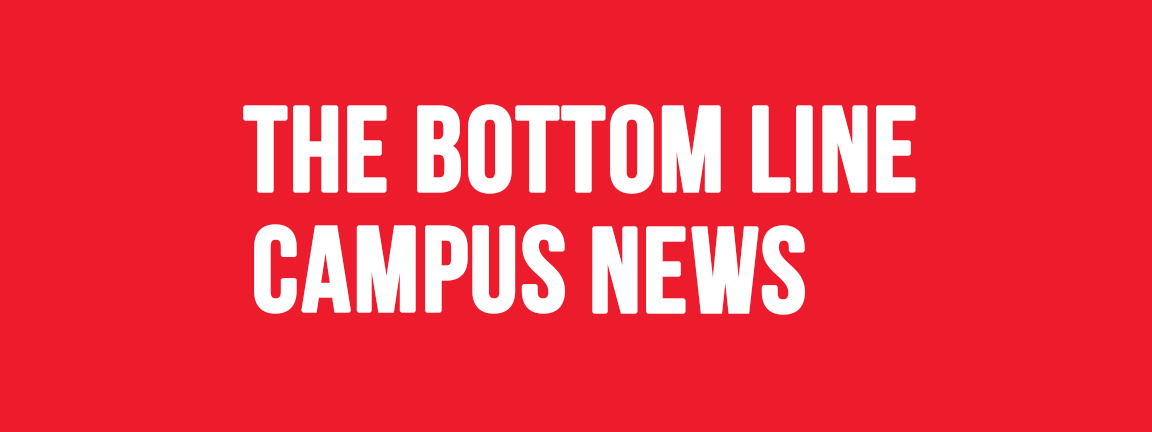FSU Information Officer Donoway Explains Slow Internet on Campus
The internet on campus has been a much talked about subject this semester for both students and faculty. Many students and instructors have been complaining about how erratic the internet access has been this semester, and how it is causing problems for everybody involved. Talking to both students and faculty alike, about how their experiences have been while dealing with the internet on campus, there was one consensus among all of them; the internet is not as good as it should be.
Troy Donaway, the Chief Information Officer at Frostburg State University, is well aware of the problem. He stated that the internet access at Frostburg is one of the biggest challenges his team has had to deal with this semester. He explained that internet speed hasn’t really been a problem in past semesters, but did explain that more students equal greater needs. Frostburg is seeing a significant increase in student population, especially in the resident halls, which are near full capacity this semester, with around 2,100 students living in on-campus dorms.
Kyle Collins is one of those students, and he has noticed a difference in the internet speed at Frostburg, compared to where he grew up. Having just started at Frostburg this Fall as a Freshman, and currently living in Sowers Hall, he said the internet, “definitely has its moments, and could be better.” Kyle explained that the internet is usually better during the early morning hours before classes start and late at night, after most classes have finished. According to several other students, late afternoon and early evenings are some of the worst internet accessibility times of the day. If Kyle has to watch a video clip for class, he usually has to wait for it to buffer, and can sometimes take a long time if it is a larger download. A majority of students are also known to use Netflix, which, much like what Kyle spoke of, can take a long time to access. This coincides with what Troy Donaway is having to deal with.
Donaway explained that at around eight in the morning faculty and staff members start to put more strain on the network, forcing it to not put as much strength into one specific area as it could before. Donaway said the largest issue is needing to find a balance, and to have enough for everybody. He explained that there are a lot of moving pieces and that each individual piece helps function as a whole. “I know it’s critical,” he said, and for everybody who comes to campus on a daily basis, whether they live in the dorms or not, Donaway wants them to know, “that the top goal is to increase bandwidth in order to increase experience.” Bandwidth is the range of frequencies inside a particular band that is used for transmitting a signal. Donaway wants students to have the same experience whether on or off campus when dealing with internet access and speed.
One particular aspect of why the internet access and speed is slower this semester than in recent ones is the increase in different technologies. With iPhones always syncing to the internet, and connecting to different apps all the time, it increases the need for bandwidth. Technology is always updating, which causes a higher demand on the accessibility of the internet and its increased speed. Another very important aspect to consider, which Troy Donaway pointed out, is that wireless internet is extremely expensive. Frostburg is set in a rural area, and the cost of extra wireless internet would most likely be even more expensive for the university to supply to students.
Donaway does want to emphasize to both students and instructors that they are doing everything they can to solve the issue of accessibility at Frostburg. His team has been, “Talking to companies that offer services that increase bandwidth,” but again, increased bandwidth would cost more money. Donaway did specify that it did take over one month to double the bandwidth, of which it is now. This could be viewed as a short-term solution, but they are always looking at other options as well. Donaway is looking at not just today, but in the future as well and wants to let everybody know that he is aware of the situation and that it is, “Extremely important and will get fixed.”




